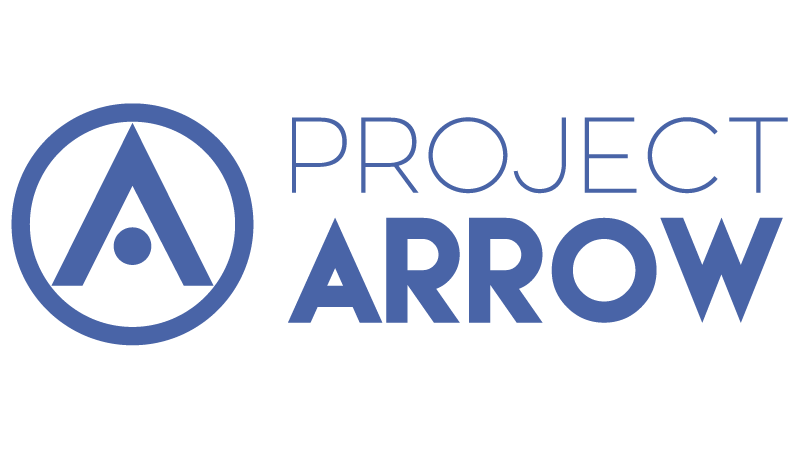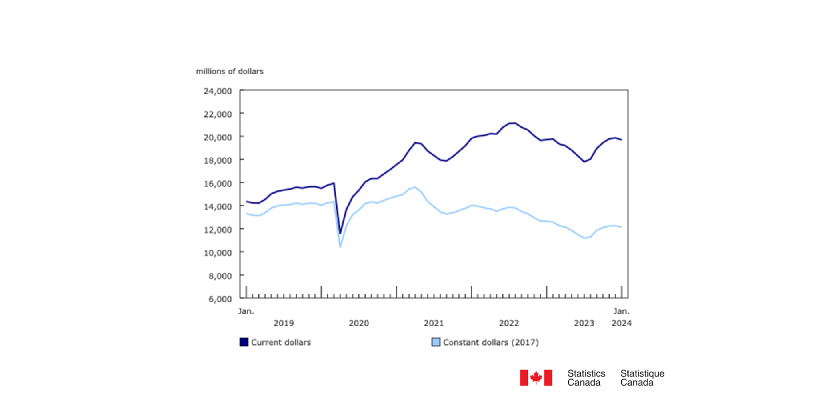Project Arrow: First All-Canadian, Zero-Emission Concept Vehicle Designed in Ontario Unveiled at Consumer Electronics Show

January 11, 2023
Project Arrow, the first, all-Canadian, zero-emission connected vehicle, designed and built in Ontario, was unveiled at the Consumer Electronics Show, one of the largest and most influential technology events in the world. Project Arrow makes use of Ontario’s complete end-to-end automotive supply chain and demonstrates the province’s world-class automotive capabilities and innovation on a global stage.
“The unveiling of Project Arrow, the first all-Canadian concept vehicle, is a historic milestone that showcases the best of Ontario’s automotive and technology sectors,” said Vic Fedeli, Minister of Economic Development, Job Creation and Trade. “Our government is proud to support this innovative project and the continued collaboration between industry partners. Innovations like this will foster new opportunities as we continue to build a stronger Ontario.”
With funding and support from the Ontario government through the Ontario Vehicle Innovation Network, the Automotive Parts Manufacturers’ Association led the development of Project Arrow at the Automotive Centre of Excellence in Oshawa. Over the course of the project, 58 Canadian industry partners came together to design and build a revolutionary prototype vehicle.
“The Ontario government challenged us to build this vehicle and they were the first to support us when we launched Project Arrow,” said Flavio Volpe, President of the Automotive Parts Manufacturers’ Association. “This investment is just another part of this government’s incredible and unprecedented commitment to Ontario’s automotive industry.”
“Project Arrow is a true testament to Canadian ingenuity, hard work, and determination,” said Raed Kadri, Vice President, Strategic Initiatives and Head of the Ontario Vehicle Innovation Network at the Ontario Centre of Innovation. “We are cementing on the international stage that Ontario and Canada’s technology, innovation and manufacturing capabilities are world-class and second to none. OVIN and OCI are proud to play an important role in this vision.”
More and more companies are looking to Ontario for their future, and the government is working with sector partners to build on recent successes and further strengthen innovation in Ontario. Through the Ontario Vehicle Innovation Network, Ontario is investing $56.4 million over four years to accelerate the development of next generation electric, connected and autonomous vehicle and mobility technologies. Initiatives like this are an important part of the government’s plan to build a stronger Ontario and create new opportunities for workers and businesses across the province.
The annual Consumer Electronics Show is the first stop on Ontario’s trade mission to the United States. From January 4 to 10, Minister Fedeli will lead a delegation of 29 innovative companies from Ontario that will showcase the province’s expertise in the automotive, technology and life sciences sectors. Several members of the delegation will also participate in the JP Morgan Healthcare Conference and Biotech Showcase, the largest healthcare investment symposium in the industry. These events will support new relationships and connect Ontario companies with other global industry leaders and innovators.
Quick Facts:
- Over the past two years, Ontario has attracted $16 billion in investments by global automakers, with more than $12.5 billion focused on electric vehicle and EV battery related manufacturing.
- Ontario is the only jurisdiction in North America where five major automakers (Honda, Toyota, Ford, General Motors and Stellantis, as well as truck manufacturer Hino) build vehicles. Ontario’s auto supply chain is comprised of more than 700 parts firms and more than 500 tool, die and mold makers.
- Ontario’s automotive sector directly employs nearly 95,000 workers, and indirectly supports hundreds of thousands of jobs throughout the province.
- In 2021, Ontario ranked first in Canada in number of venture capital deals and total capital raised, making up 50 per cent of total Canadian investment at $8.4 billion, which is a 170 per cent increase from $3.1 billion in 2020. Since 2019, Ontario has seen 17 startups grow to reach a valuation of $1 billion or more.
- Every year, more than 63,500 STEM students graduate from post-secondary programs across the province, producing one of the most highly skilled life sciences workforces in the world.
Additional Resources:









![Guide to the Canadian Electrical Code, Part 1[i], 26th Edition – A Road Map: Section 10 – Grounding and Bonding](https://electricalindustry.ca/wp-content/uploads/2022/11/Guide-CE-Code-2.png)





